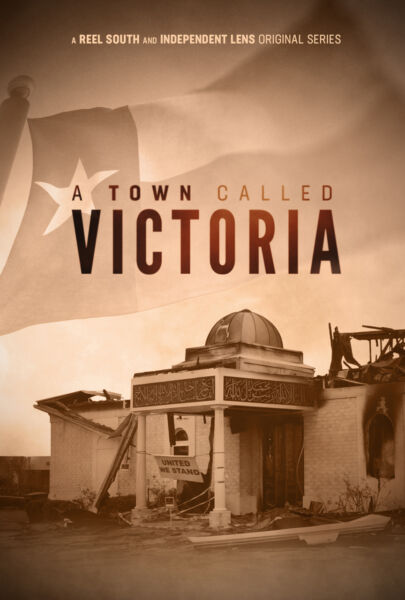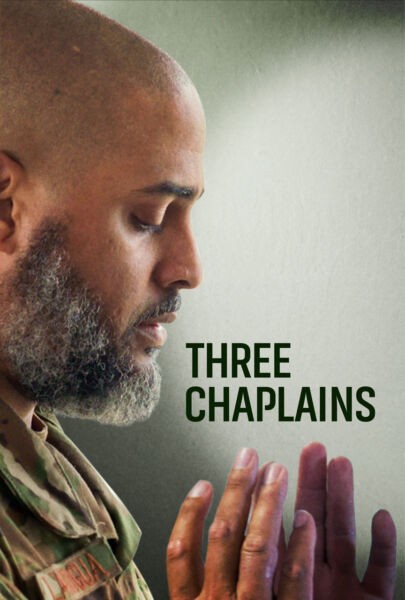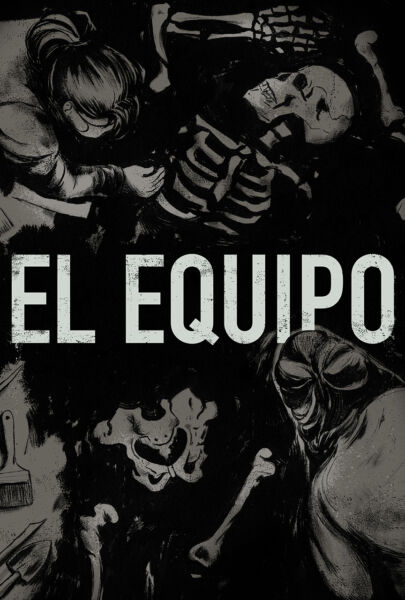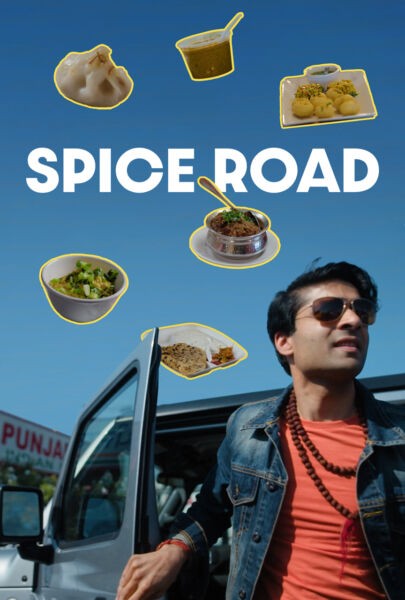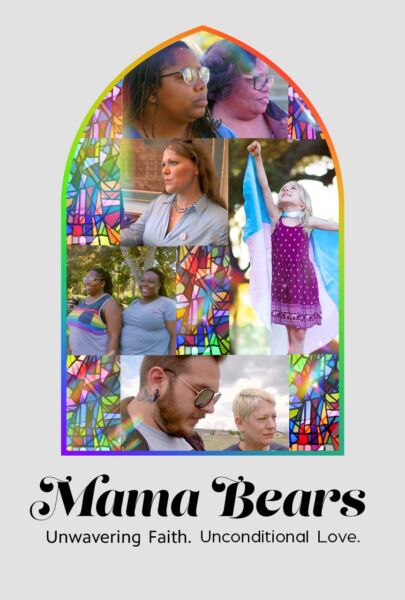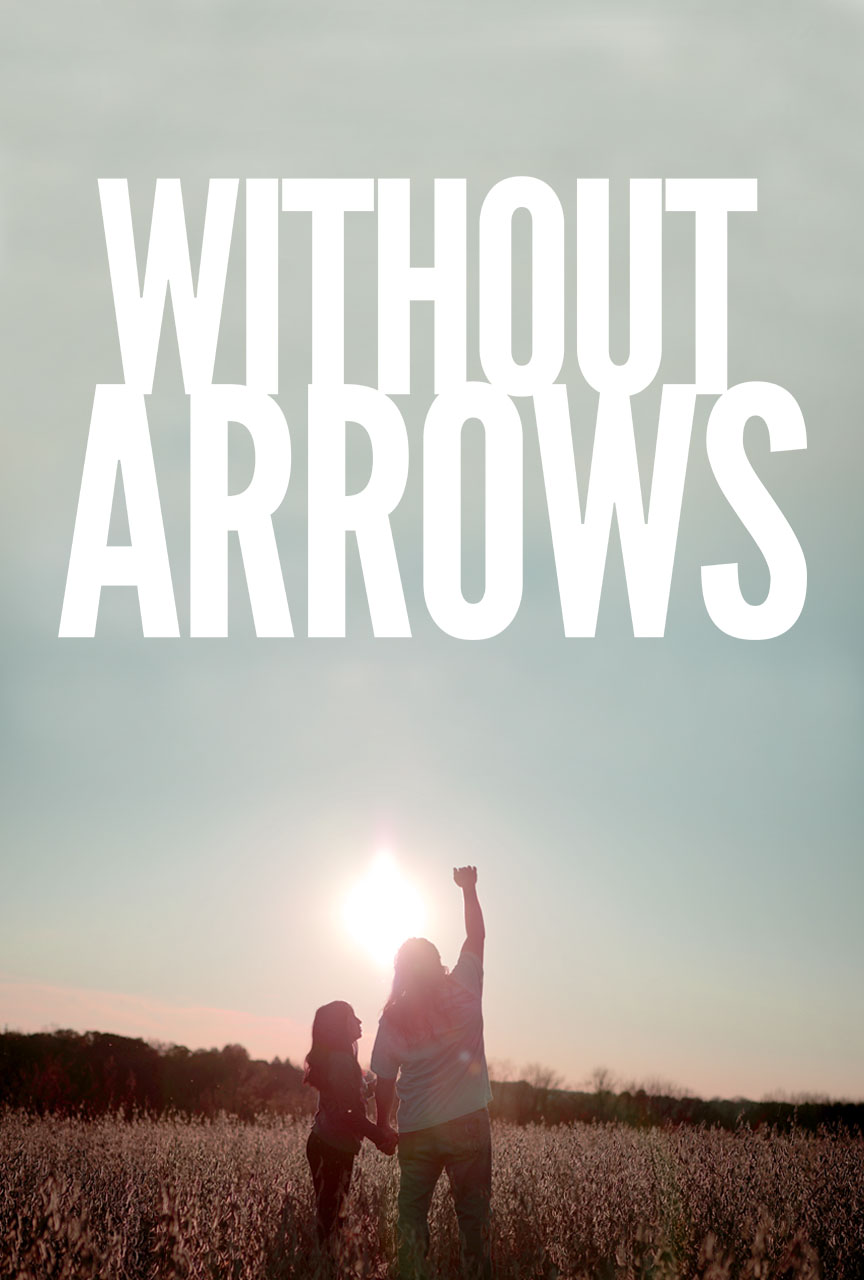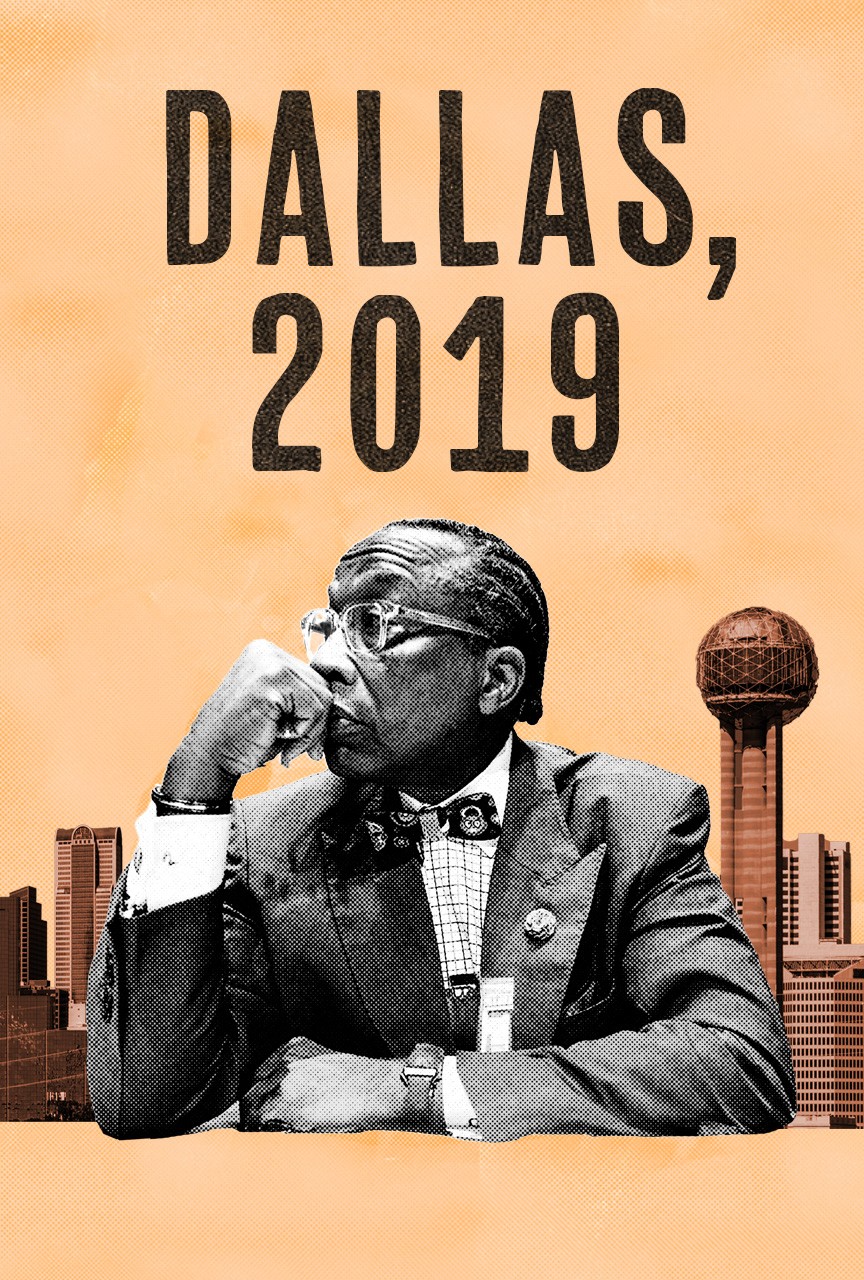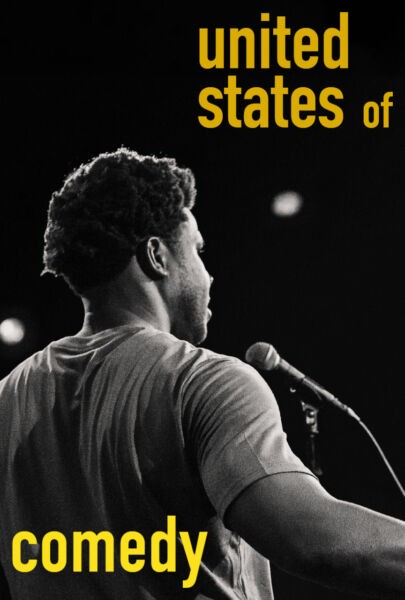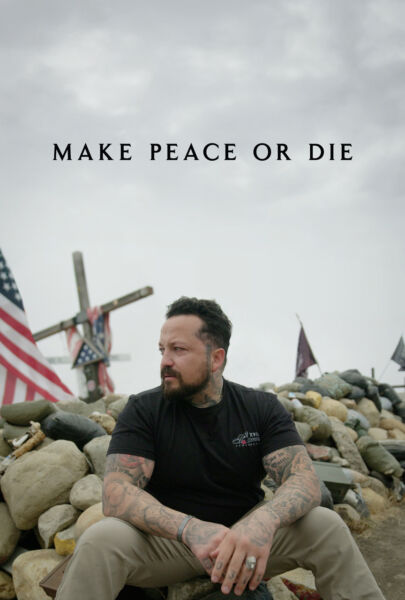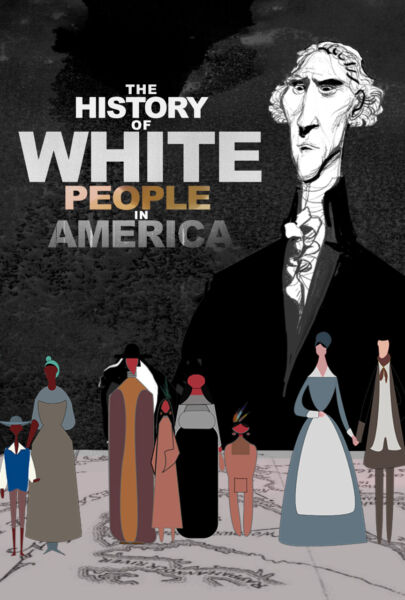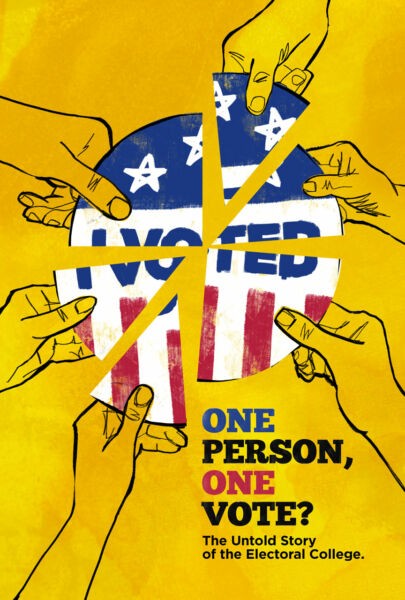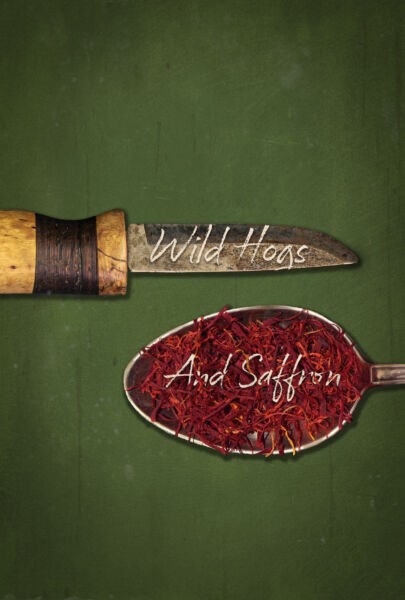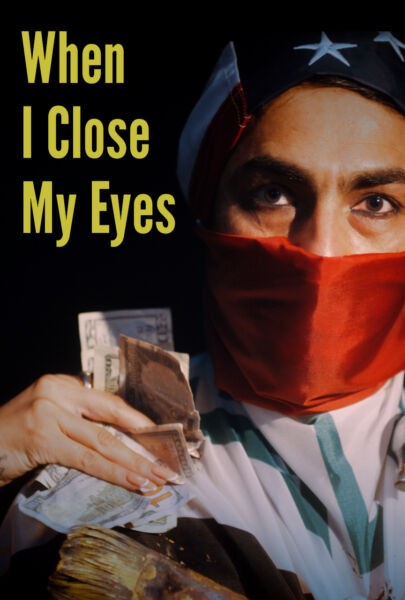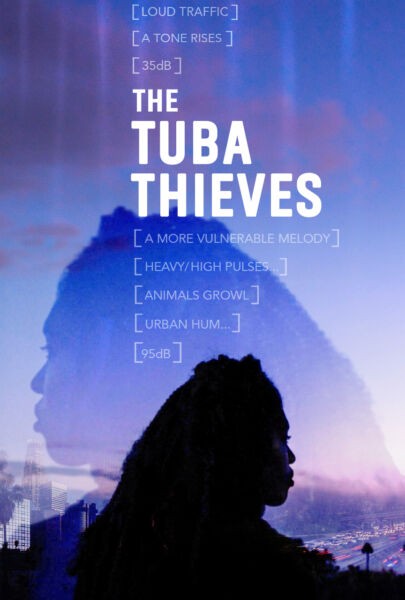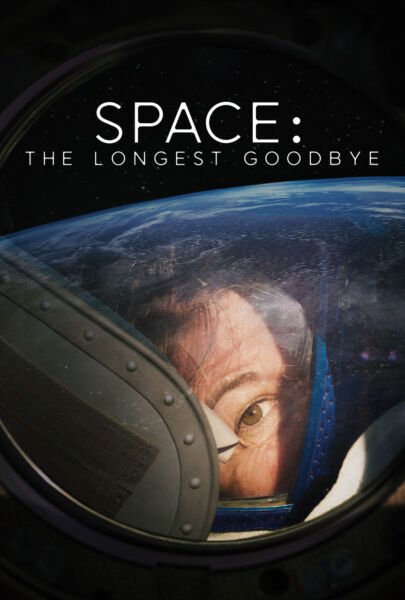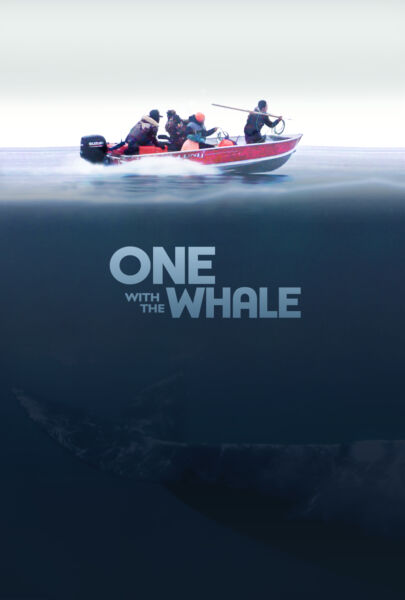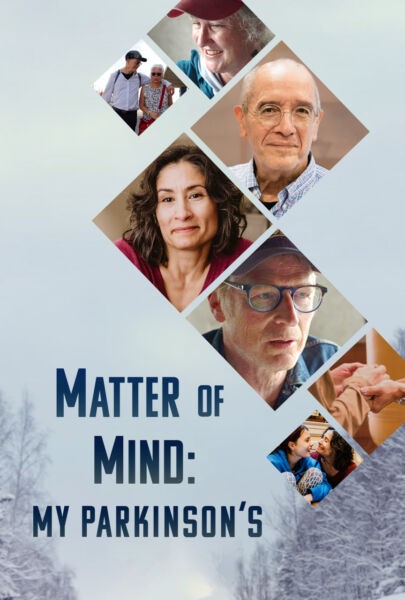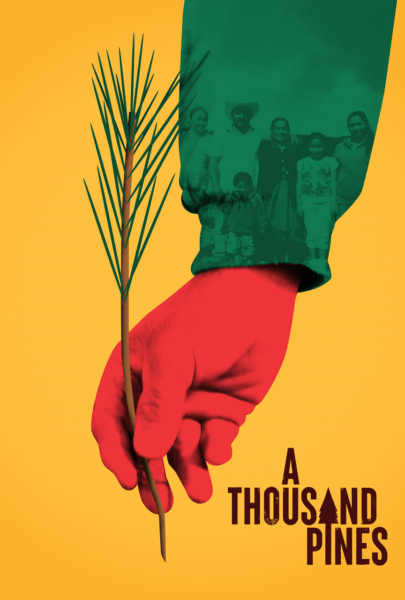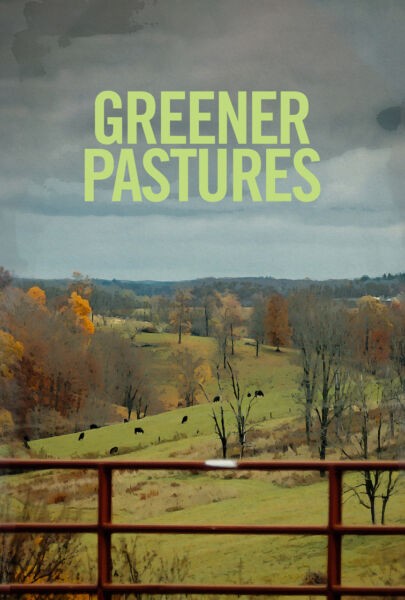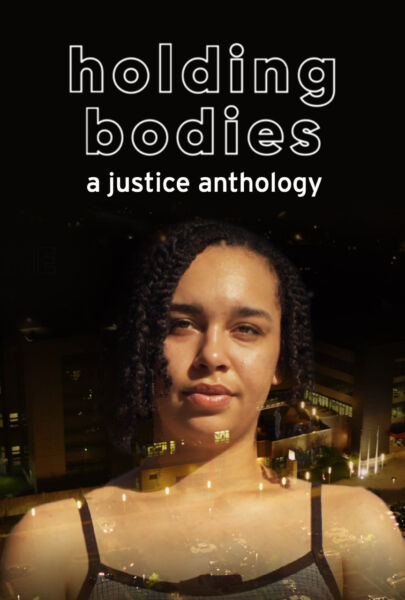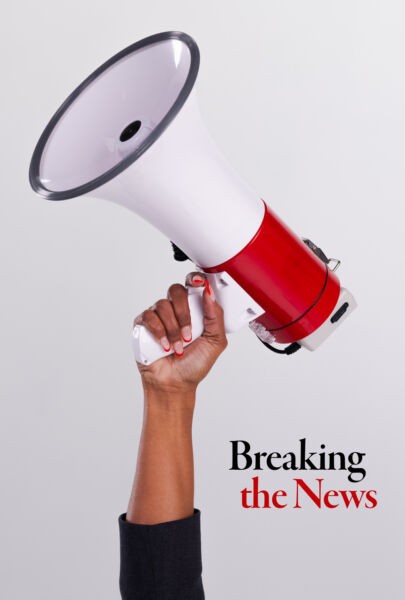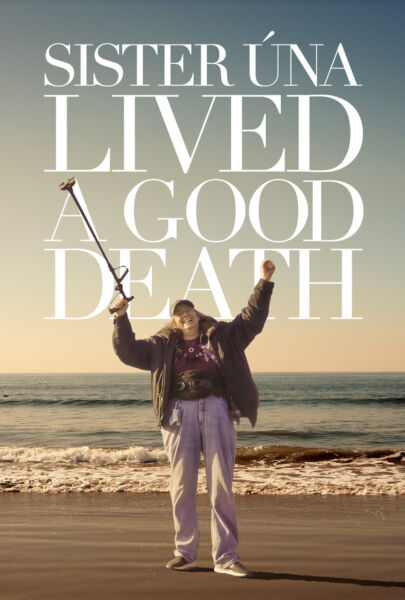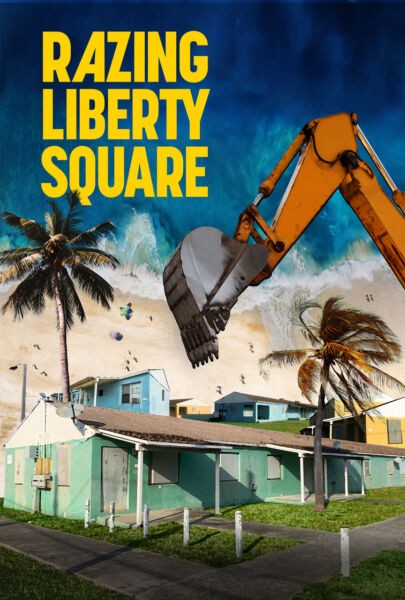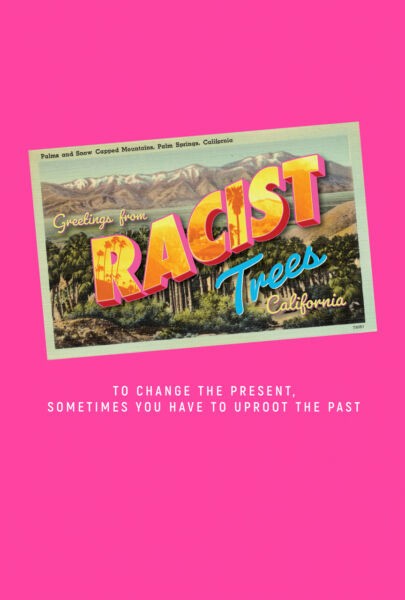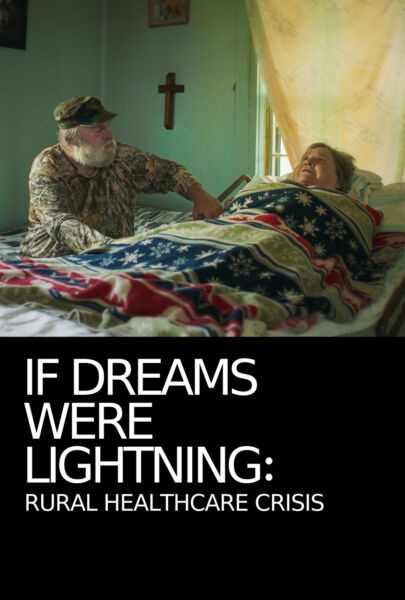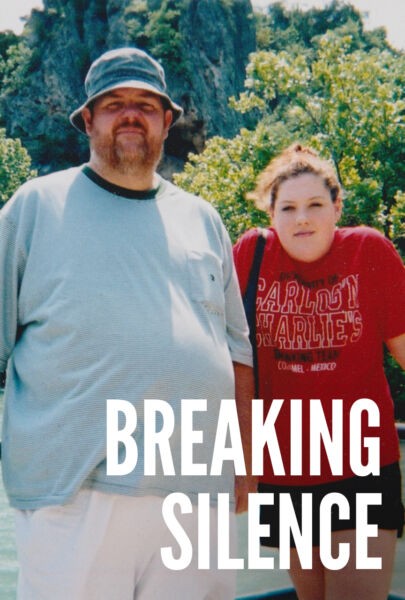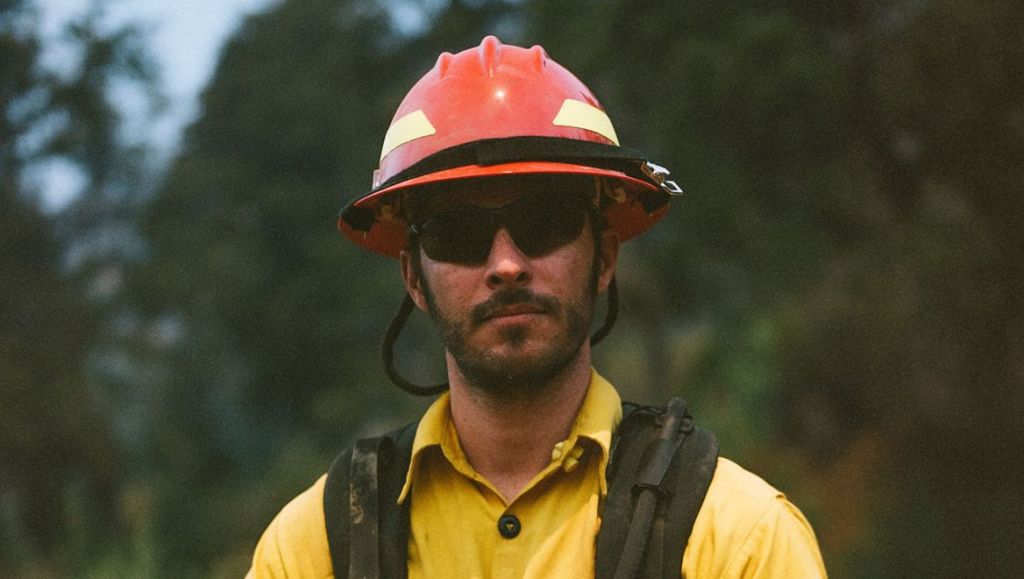
Filmmaker Alex Jablonski and his filmmaking partner Khalil Hudson had quite the arduous, smoke-filled journey to make the film Wildland. The documentary premieres on Independent Lens Monday, Oct. 29.
Alex told us that Wildland started with a question: How do young men grow up?
“We always wanted to tell a story about wildland firefighters but it was extremely important to us that the film go beyond the surface and into the interior lives of these guys.”
“It seems we only hear about wildland firefighters when there is a tragedy like what happened in Yarnell [which saw 19 firefighters perish] or in Twisp, WA more recently,” he continues. “And even then the details are brief and there’s no understanding of just how these guys came to the work of wildland firefighting and what it’s like out there.”
But how did Alex and Khalil go from wanting to understand as filmmakers and tell these stories, to being right smack dab in the middle of the danger zone? Part of it was as a way to gain the trust of the other firefighters.
“[It] went a long way toward earning respect and trust,” Alex says. “And when the guys really saw us working hard, they kind of had a different appreciation for what we were doing. I also think that simply by proximity, by being there all the time they knew we were trying to get this right, to make something special. [They] became friends and part of any friendship is about being honest with where you are. We were revealing pieces of ourselves. It wasn’t a one-way street and that mutual vulnerability creates a certain bond.”
Alex took us behind the scenes to give us a sense of what it was like physically and mentally–and emotionally–to be both filmmaker and a firefighter, two grueling jobs even more grueling together.

You seem otherwise sane! Why would you and Kahlil choose to train as firefighters in order to make a film about them? (As opposed to filming more from a distance, using GoPros, etc.)
“On one level it was really about access, we knew that if we just “parachuted” in, and followed these guys at a distance or dropped in and then left, we’d miss a lot. We also knew that the crew would see us as outsiders and we’d be treated as such. The fire crew is a pretty closed-off world and our experience of it was that we’d need to earn our place.”
“By being a part of the crew, by being with them day in and day out that lead to a certain level of trust that allowed these guys to feel comfortable enough with us to open up about their pasts or about their families. If we don’t have that trust we don’t have those moments, and without those moments this is a very different film and one that wouldn’t be able to tell the story we were working toward.”
How did you integrate and get initiated with these other firefighters? Did you have a special bond with any of them?
“It began by just spending a lot of time at the base. We’d be there early in the morning in the winter when the guys were just going out to do what’s called ‘project work’ which is essentially thinning forests. It’s hard work on steep slopes and not exciting. We’d tag along and just hang out, then maybe shoot a bit or ask questions during a break.”
“It’s this slow process of building rapport, showing that you’re there for the right reasons and that you’re committed to spending time there.”
“Then as we got to know people we’d find guys who we thought could be pretty interesting. Tim Brewer, the crew boss in the film, was someone who stuck out right away. He’s sharp-tongued and funny and has a ton of experience. He’s also not particularly friendly at first.”
“When we’d zeroed in on his crew to follow them, I went up to him and said, ‘Hey Tim, I’m Alex — we’re doing this film and we’d be interested in talking to you about maybe following your crew,’ and he just looked at me and said, ‘You know I’m a dick, right?’ and then walked away. That was it.”
“And then he avoided me for a week. But once we were able to keep talking to him and explain what we were after he became a little more open. And after spending a lot of time out there with him we became friends and I’ve opened up to him about things I’ve gone through in the same way that he opens up [about] in the film.“

Crew boss Tim Brewer
Vulnerability is a two-way street and it just kind of organically comes about when you’re in the woods for days and days.
What was it like moment by moment when you were out there in the wilds, both training and then filming–especially when you had to deal with an actual fire?
“Moment by moment? In the morning you’re up at five a.m. and then it’s about boots, coffee, breakfast, more coffee, trying to find the least awful porta-potty in camp (which is impossible, they are all equally terrible), heading to the rigs, asking a couple questions about the day’s assignment, getting vague answers, packing lunch, checking my pack, stuffing camera batteries into my pants pockets, and double and triple checking that I haven’t forgotten anything.”
“Then once you’re out there the stream-of-consciousness is split between basic human concerns, approaches for the film, and firefighting duties.”
“It’d go something like:
“F— this is steep… Why are we stopping?…
Did I eat both halves of that sandwich or only one?…
I gotta get a jet boil…
I shot enough of Charlie on his own yesterday… today more Tim…
The light is going to be good on this side in the afternoon… let’s see if we’re here this afternoon…
This film is going to suck… seriously… no, it’ll be fine… whatever, I don’t care, focus on today, just focus on Wednesday or Thursday or whatever day it is. It’s six… day six…”
“I’m not just being cute. it really is like that, and with the monotonous work of digging or mopping up, you can get way, way deep in your head. When dealing with actual fire there’s less of that, but you’re still trying to balance all of those things.”
What would you say was the scariest or hairiest moment you experienced while you were training?
“There was a moment on a fire where we were digging hotline [cutting swaths in the land to serve as a fire break] and the fire was just not calming down, we were moving and digging like crazy and the wind was shifting and it was getting into the afternoon and it was just all the conditions that you know are Not Good. The fire started throwing off a ton of heat and it flared up for what felt like awhile, but was probably only three to five minutes.”
“Right when I was getting a little edgy, out of nowhere a helicopter came in from above with a perfect bucket drop and immediately helped enough where we were able to turn the corner. For someone more experienced I don’t know if the moment would have been as intense, but for me that helicopter felt like an answered prayer.”
And you had to deal with some of the things firefighters do, like lack of sleep/exhaustion, thirst, acclimation to equipment? Talk to us about your level of exhaustion. How much equipment were you carrying?
“Oh yeah. I mean exhaustion sounds like you’re going to collapse at any moment and it’s not quite that dramatic, it’s just weariness. All the minor things – the poison oak on your arm, the blister on your heel, the weird click your ankle is now making – that plus being sore and tired just adds up.”
“You can push past it pretty easy once you’re out there and you have something to focus on, but when you wake up, after taking a break, or at the end of the day is when I’d really feel it. That level of weariness is just not conducive to making any kind of creative or artistic decision either. You can justify not going and getting a shot you need or not shooting some interaction pretty easily.”
“In terms of equipment, my pack was a Mystery Ranch Hotshot and I carried:
- A Mil Spec 3 liter CamelBak [water bag], then I’d carry another 4.5 liters of water in Nalgene bottles;
- High-octane coffee in a 36oz Yeti Rambler bottle, so that right there is probably around 18lbs;
- Then the two cameras with one lens each and an extra battery is about 22lbs;
- Snacks, lunch, a fire shelter, extra socks, and miscellaneous, plus the hand tool (a Pulaski or a Rogue hoe)
= So it was probably fifty to fifty-five lbs.”

“And you rarely, if ever, take your pack off. So you’re digging with that on, you’re hiking with that on, anywhere you move you’re carrying that weight.”
Just as with some of your subjects, did you have any epiphanies about yourself, your craft, other people — while you were out there?
“My wife is amazing, that wasn’t an epiphany, but that was confirmed every day I was out there while she was working her job and taking care of our kids. But in terms of real epiphanies, I mean I think that what I learned making the film is in the film itself – that growth comes from being uncomfortable, it comes from having the ability to sit with your discomfort and feel your pain long enough that you’re able to break through it, and when you do, you can carry that experience with you forever. I felt that way about the firefighting and I feel that way about making the film.”
"Get fresh air. Don't just sit there and eat it. It'll kill you later." #WildlandPBS – Monday, October 29 on @PBS pic.twitter.com/Xl1Irk2NSv
— Independent Lens (@IndependentLens) October 18, 2018
Filmmakers embed with hand crew to make “Wildland” https://t.co/uxsz1xLjTK pic.twitter.com/2RZWrZc6GL
— Wildfire Today 🔥 (@wildfiretoday) October 25, 2018


